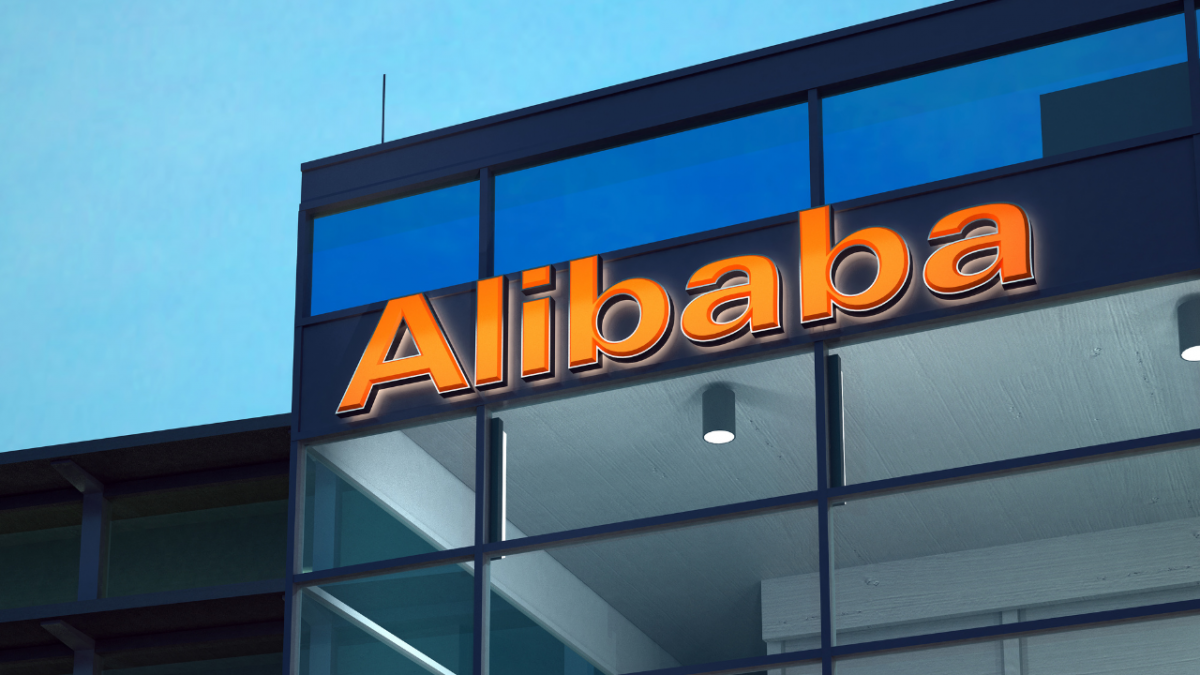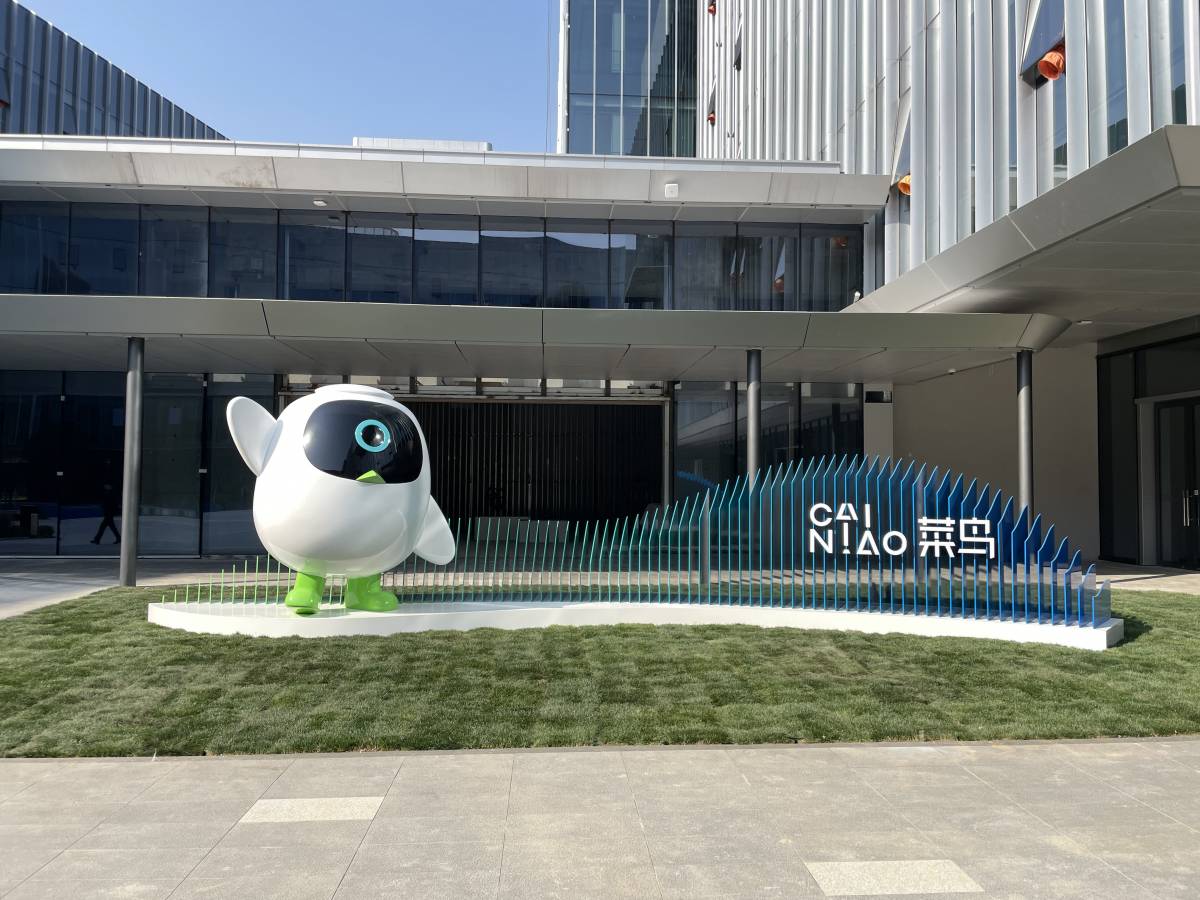
Alibaba Group, China’s largest e-commerce company, and its publicly traded subsidiary, Alibaba.com, today announced that the Group has proposed a privatization offer to acquire the minority stake in Alibaba.com it does not already own for about $2.45 billion.
Alibaba officials explained in a press release they want to takeAlibaba.com private amid an ongoing effort to refocus its business strategy. The online trading company, which helps small businesses use the Internet to find products and suppliers in China and around the world, last year began reducing its emphasis on aggressive membership growth and instead focused on providing a higher-quality user experience. The company warned the changes could affect the firm’s financial performance and stock price in the short- to medium-term.
“Taking Alibaba.com private will allow the Group to make long-term decisions that are in the best interests of our customers and that are also free from the pressures that come from having a publicly listed subsidiary, such as market expectations and earnings visibility,” said Jack Ma, Alibaba Group chairman and CEO, in the release. “With this offer, we can afford our minority shareholders a chance to realize their investment now at an attractive cash premium rather than staying invested in the company during this period of transition.” Ma founded Alibaba.com in 1999 and is its chairman.
Officials said the privatization is unrelated to Alibaba Group’s on-again, off-again negotiations with Yahoo! to buy back all or part of Yahoo’s 40 percent stake in the Group.
Hangzhou, China-based Alibaba Group owns more than 73 percent of Alibaba.com. The private company, which also owns China’s largest online shopping sites, Taobao and Tmall, is offering to pay HK$13.50 a share for Alibaba.com stock held by the public. The offer is 60 percent higher than the stock’s 60-day average closing price of HK$8.42.
Trading in the stock was halted on Feb. 9 ahead of the announcement of the privatization plan. Shares are expected to resume trading on Feb. 22.The stock closed Feb. 8 at HK$9.25.
The offer of $13.50 a share is equal to the initial offering price when Alibaba.com went public in Hong Kong on Nov. 6, 2007. By comparison, Hong Kong’s Hang Seng Index on Feb. 20 was about 27 percent below its level at the time of the Alibaba.com IPO.
The privatization bid comes as Alibaba.com’s business is increasingly challenged by slowing revenue growth and contraction in its base of members who pay an annual subscription fee tomarket productson the platform.
According to the company’s annual results released today, total revenue last year grew 16 percent to $1.02 billion, compared with annual growth of 38 percent in 2010. Total members fell 5.4 percent last year to 809,362, including a sharp 28 percent reduction in paying members using the company’s international, English-language website.
The decline in membership is partly due to a drive by Alibaba.com to upgrade the trustworthiness of suppliers using the site. Following a scandal last year over scammers who used fake business licenses to join the website and defraud buyers, the company tightened its monitoring and verification procedures and ejected hundreds of members operating fraudulent online storefronts.
Alibaba.com has also been introducing more fee-based products and services to offset slowing revenue from annual subscriptions. That shift is eroding profit margins because it’s more costly to generate business from services than from subscriptions.
Alibaba.com raised $1.7 billion in its 2007 IPO, which at the time was the biggest Internet IPO since Google was listed on NASDAQ in 2004. Alibaba.com stock soared to nearly HK$40 within the first 30 days of trading, but subsequently slumped to less than HK$5 during the global financial crisis.
Sharesrecovered along withglobal markets, but over the last 12 months, Alibaba.com shares have declined by more than 40%.
In a filing with Hong Kong’s stock market regulators, Alibaba officials said the “depressed” share price reflected the implementation of the company’s strategic plan, which “may continue to lead to a difference between investors’ view of the company’s share price and [Alibaba’s] view of the company’s potential long-term value.”
The underperforming stock “may continue to adversely impact the company’s business, reputation with customers and employee morale,” the document states. Taking the company private is intended to give shareholders an exit “at an attractive premium—instead of assuming a different risk profile brought about by the new business strategy.”
The privatization would also allow for more cooperation and strategic flexibility among Alibaba Group companies, officials said.
Alibaba officials said the offer price will not be increased, and under Hong Kong regulations the offer is final. An Independent Board committee of Alibaba.com has been formed to evaluate the proposal and will work with its own independent financial advisor to formulate recommendations to minority shareholders. A minority shareholder vote—Alibaba Group is not permitted to vote on the offer—is expected to take place in April.
Group officials said the privatization would be paid for with a combination of new financing and existing cash.
Officials also stressed that the privatization was not necessary to take Alibaba Group public. Officials repeated what they have said in the past: there are no plans for a Group IPO now and if it were to happen it would be several years from now.




